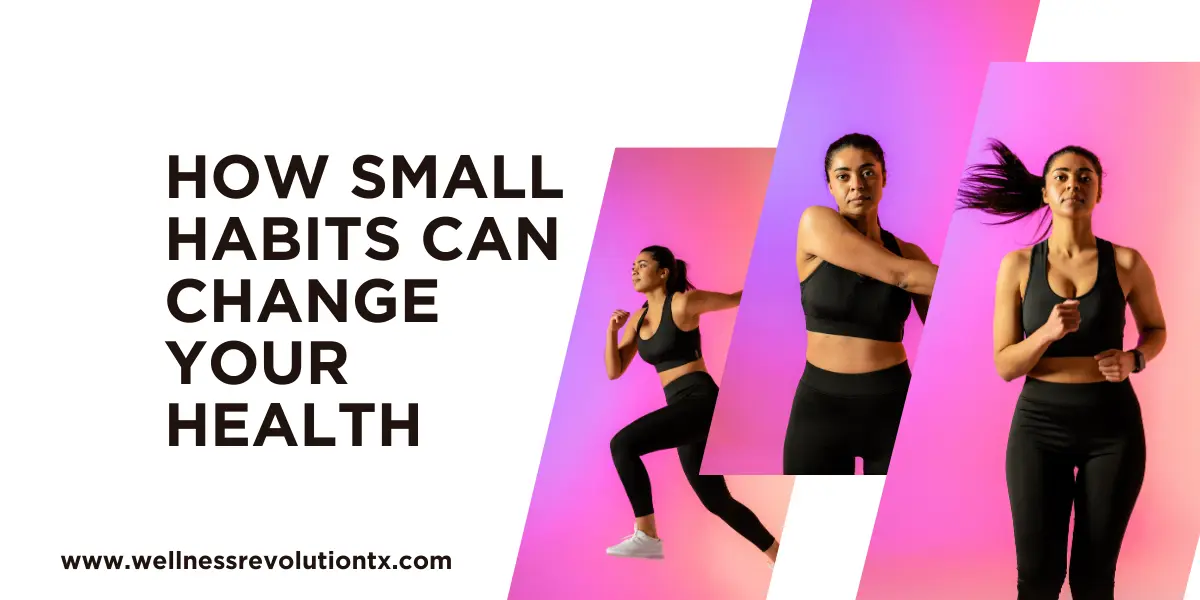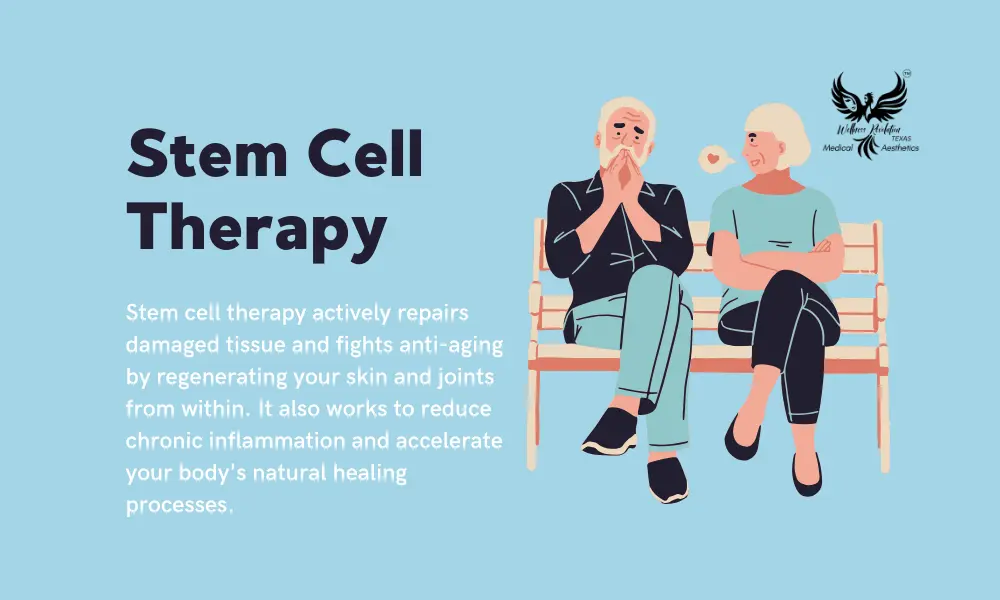We often look at health improvement as an all-or-nothing pursuit. People jump into strict diets, intense workout programs, or elaborate routines only to burn out a few weeks later. But science and real-world experience show something different: it’s the small, consistent habits that lead to lasting change. You don’t need to overhaul your life to …
We often look at health improvement as an all-or-nothing pursuit. People jump into strict diets, intense workout programs, or elaborate routines only to burn out a few weeks later. But science and real-world experience show something different: it’s the small, consistent habits that lead to lasting change. You don’t need to overhaul your life to be healthier. You just need to build one small, sustainable habit at a time.
This article explores how and why small habits make such a big difference in your health—physically, mentally, and emotionally.
The Power of Small: Why Tiny Habits Matter
When it comes to health, the “compound effect” is everything. Small, repeated actions add up over time. One glass of water doesn’t change much, but drinking enough water every day supports digestion, energy, skin health, and more.
Why it works:
- Small habits are easier to start and maintain
- They build confidence and momentum
- They avoid the “all-or-nothing” trap
- They create systems instead of relying on willpower
Think of brushing your teeth. It’s a simple habit that takes only minutes, but it has a huge impact on your oral and overall health. Many effective health habits work the same way.
1. Start With What Feels Almost Too Easy
Trying to meditate for 30 minutes a day when you’ve never meditated before sets you up for frustration. But committing to one minute of deep breathing after waking up? That’s doable.
Examples:
- One glass of water before coffee
- A five-minute walk after lunch
- Two minutes of stretching in the morning
- Preparing lunch at home twice a week
These actions may seem small, but they often become gateways to bigger changes. Once the behavior feels automatic, you naturally want to do more.
2. Habits Work Better Than Motivation
Motivation fluctuates. Some days you feel driven; other days you don’t. But if a habit is embedded into your routine, it runs almost on autopilot. Research on habit formation shows that people who tie new habits to existing routines (like brushing teeth or making coffee) are more likely to stick with them.
Tip: Use habit stacking. For example: “After I brush my teeth, I’ll do 5 squats.”
3. Health Isn’t One Big Thing, It’s 100 Little Things
Your health is the sum of your daily choices. That includes movement, sleep, stress, food, hydration, posture, breathing, and even social connection. You can improve each of these in small ways.
Small habit ideas for different health areas:
- Physical: Take the stairs, stand while on phone calls, stretch before bed
- Nutrition: Add one more vegetable to your plate, swap soda for sparkling water
- Mental: Journal one sentence, take a five-minute break from screens
- Sleep: Dim the lights 30 minutes before bed, stop caffeine by 2 p.m.
- Stress: Take 3 deep breaths before checking email, go outside for 10 minutes
4. Tiny Wins Reinforce Identity
Each time you follow through on a healthy habit, you’re casting a vote for the kind of person you want to be. When you walk for 10 minutes, you’re being an active person. When you prepare a healthy snack, you’re being someone who takes care of their body.
Over time, this reinforces a healthier self-image—which leads to better decisions naturally.
It’s not just: “I walked today.”
It’s: “I’m the kind of person who moves their body.””
5. Your Body Responds to Consistency, Not Intensity
Health improvements are about what you do most of the time, not occasionally. You don’t need intense workouts to improve cardiovascular health. Even 20 minutes of brisk walking most days can lower blood pressure and improve insulin sensitivity.
The same goes for food, sleep, and stress. Regular patterns matter more than occasional perfection.
Science-backed example:
- A study in the British Journal of Sports Medicine found that people who did even short, regular bursts of moderate exercise had significantly lower mortality risk than those who did no exercise at all.
6. Tracking Helps, But Keep It Simple
You don’t need fancy apps. A piece of paper, a calendar, or a whiteboard works just fine. Tracking gives you visual feedback and a sense of accomplishment.
Try this:
- Draw a checkbox for each day you drink 8 glasses of water
- Use a calendar to mark the days you sleep before 11 p.m.
- Use tally marks to track fruit and vegetable servings
7. Habit Change Is Easier With Environment Tweaks
Your environment often determines your behavior more than your intentions. If your water bottle is in reach, you’re more likely to drink. If healthy snacks are visible, you’re more likely to choose them.
Change your surroundings:
- Put a yoga mat where you can see it
- Leave your phone out of the bedroom
- Keep a book next to your couch instead of the remote
These small cues can drastically improve follow-through.
8. Don’t Underestimate Stress and Recovery Habits
When we think of “health,” we often focus on food and exercise. But managing stress and allowing recovery are just as important.
Recovery habits to try:
- Five-minute breathing breaks during work
- A warm shower before bed
- Setting a wind-down routine without screens
Stress affects digestion, sleep, immune function, and even weight. Reducing it in small ways adds up.
9. You Don’t Have to Be Perfect
Missed a day? Ate something not-so-great? Didn’t move much today? That’s normal. Small habits work because they’re resilient. You don’t need a perfect streak. You just need to keep coming back to your healthy baseline.
This mindset reduces guilt and makes it more likely you’ll stay consistent in the long term.
Focus on:
- Trends, not blips
- Progress, not perfection
- Average behavior, not extremes
10. Real-Life Examples: How People Change With Small Habits
- A person with joint pain starts doing 3 minutes of stretching every morning. After a month, they feel looser and start adding a short walk.
- A busy parent begins drinking water before every meal. That leads to less snacking and better digestion.
- Someone recovering from burnout starts journaling for 2 minutes a night. It improves sleep and emotional clarity over time.
These are not major lifestyle overhauls. They’re small shifts that ripple outward.
11. How Long Does It Take for a Habit to Stick?
You may have heard “21 days to form a habit,” but research paints a more flexible picture. A study from University College London found that it takes anywhere from 18 to 254 days to form a new habit, depending on the behavior and the individual.
What matters most:
- Repetition in a consistent context
- Making it easy enough that you won’t skip it
- Feeling successful after doing it
12. Combine Habits for Synergy
When small habits support each other, you create upward momentum. For example:
- Getting better sleep makes it easier to exercise
- Exercising helps regulate appetite
- Eating better improves energy
- More energy leads to better focus at work
Each small win fuels the next.
13. Revisit and Revise Often
Not every habit will stick forever, and that’s okay. Your needs change. What worked during winter might not suit your summer schedule. Keep what works, tweak what doesn’t.
Review monthly:
- Which habits helped you feel better?
- Which ones felt forced?
- What could you simplify or adapt?
Final Thoughts: One Small Change at a Time
You don’t need to change your entire life to become healthier. You just need to start small, stay consistent, and let your progress build. Each small habit is like a single drop of water that eventually fills the bucket.
The real transformation happens not in grand gestures, but in the quiet choices you make every day. And the good news? You can start right now.
Pick one small habit. Make it ridiculously easy. Do it every day.
That’s how small habits create big health changes—one step at a time.





